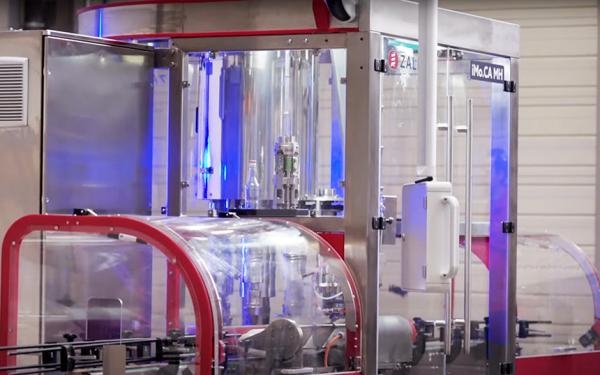On the occasion of the development of a new platform of capping machines, Zalkin (Promach group) decided to consider the new environmental factors linked to its responsibility towards the planet, to regulations and to the growing demand of its customers. “We chose Cetim as our partner to support us in this new project and provide us with methodology and tools" , says Benoist Lainé, Innovation & Development Director.
The first task undertaken in collaboration with the centre was to carry out a Life Cycle Analysis (LCA) of its iMo.CA machine, from design to end of life, including production and supply of parts, manufacture of the equipment and transport to the customer, consumption of electrical energy and compressed air during operation, and disposal at end of life.
A methodology that can be applied across the board
"The data from this LCA highlighted the very significant impact of compressed air on the environmental impact of the machine, particularly in terms of CO2 emissions. So, as part of our eco-design approach, we are concentrating our Force on reducing this aspect”, explains Benoist Lainé. The LCA also revealed that other factors - such as transporting the machine to the customer's site, replacing parts during maintenance or electricity consumption, weigh heavily in the overall balance sheet. “As a result, we have optimised our powertrains right from the design stage, choosing the most efficient motors possible" , continues Benoist Lainé. Thanks to the resources deployed and the involvement of Cetim and Zalkin's teams, the project was successfully completed in 3 months. “Today, we have a methodology that we will gradually transpose across the whole range of machines that we sell” , concludes Benoist Lainé.



